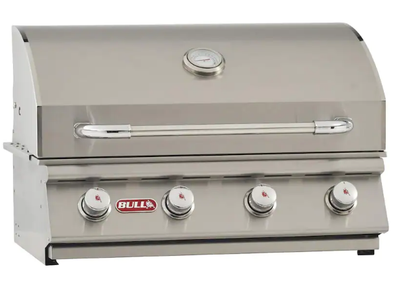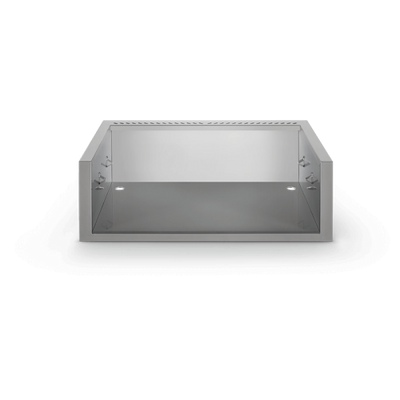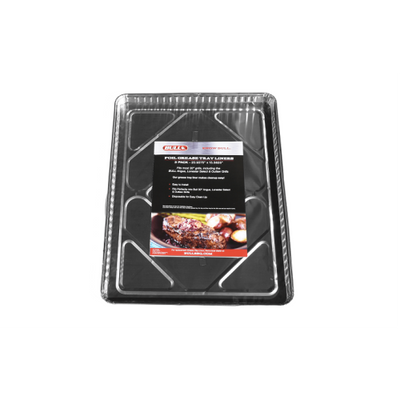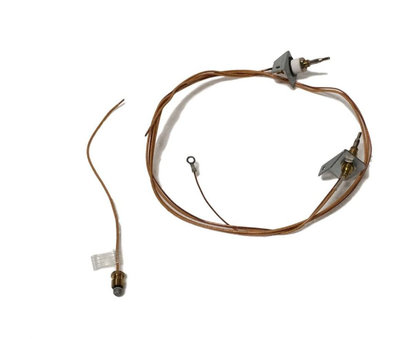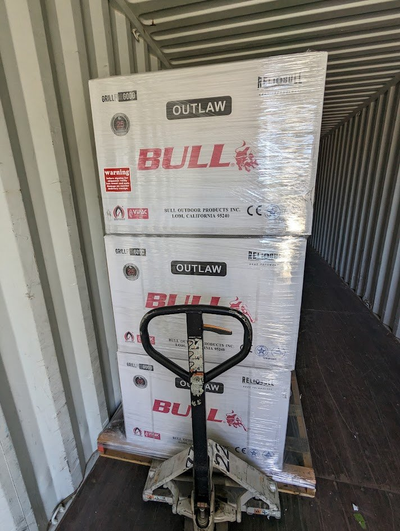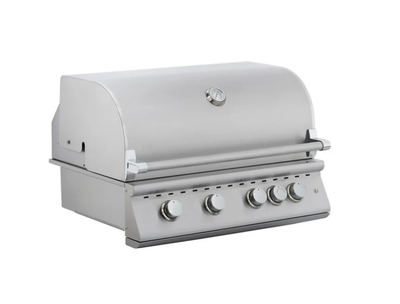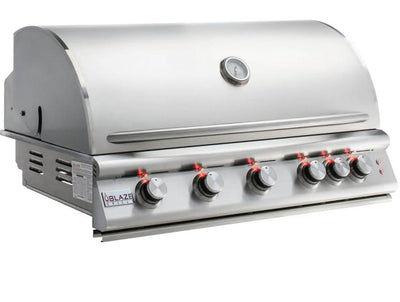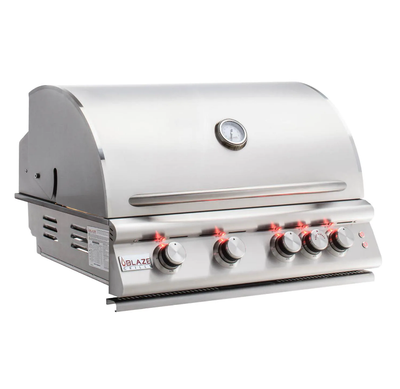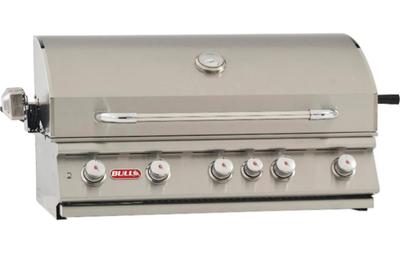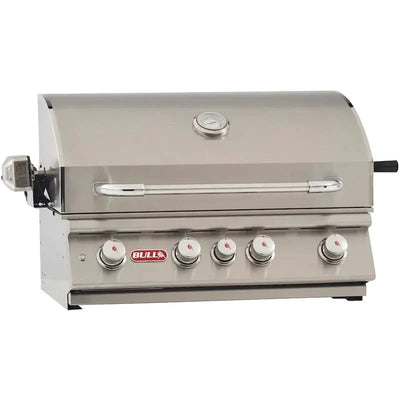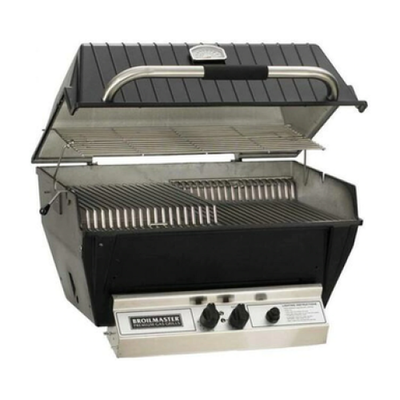Small Gas Grill Features: Key Considerations for Your Perfect Grill
 Welcome to the world of outdoor cooking, where the grill is king and the taste of flame-kissed food reigns supreme. If you’re a city dweller with limited space or an avid camper, a small gas grill can be your best culinary companion.
Welcome to the world of outdoor cooking, where the grill is king and the taste of flame-kissed food reigns supreme. If you’re a city dweller with limited space or an avid camper, a small gas grill can be your best culinary companion.
With so many options on the market, how can you determine which one is the best fit for your needs? Let’s break down the essential features to look for in a small gas grill, ensuring you make an informed decision for your next outdoor feast.

Compact Small Grills
Importance and Benefits of Compact Small Grills
Compact small grills allow you to enjoy smoky grilled flavors without needing a large backyard. They’re perfect for small spaces like balconies or patios and are portable enough for beach barbecues.
These grills heat up quickly, cook evenly, and require minimal upkeep, making them ideal for those who prioritize efficiency and portability. For those living in urban areas or who love to travel, compact grills offer a great grilling experience in limited spaces.

BTU Output
Explanation of BTU (British Thermal Unit) and Its Relevance
The BTU, or British Thermal Unit, is a term you’ll encounter often when shopping for grills. It gauges the amount of heat a grill is capable of generating. Think of it as the grill’s horsepower. For small gas grills, you’re looking for a BTU range between 10,000 and 20,000. .
This range offers the perfect balance, providing ample heat without excessive fuel consumption. Remember, a high BTU doesn’t always mean better performance; it must be coupled with an efficient design to ensure even heat distribution.
Ideal BTU Range for Small Gas Grills
For small gas grills, an ideal BTU range is typically between 10,000 to 20,000 BTUs. This range provides sufficient heat for cooking a variety of foods without consuming an excessive amount of fuel.
It’s important to note that while a higher BTU output can be advantageous, it should be balanced with the grill’s cooking surface to ensure even heat distribution. A grill with a high BTU rating but a small cooking surface might lead to uneven cooking and hot spots.

Cooking Surface
Different Types of Cooking Surfaces
The cooking surface is where the magic happens. Here are a few options to consider:
-
Cast Iron Grates: These provide exceptional heat retention and create those coveted grill marks. Nonetheless, they need consistent upkeep to avoid rust buildup.
-
Stainless Steel Grates: These are rust-resistant, easy to clean, and distribute heat evenly. They’re a solid choice for those who want a low-maintenance option.
-
Porcelain-Coated Grates: These combine the benefits of stainless steel and cast iron, offering excellent heat retention and easy cleaning.
Importance of Having Sufficient Cooking Space
A sufficient cooking surface is essential, even in a small gas grill. It allows you to cook multiple items simultaneously without overcrowding the grill.
When evaluating the cooking surface, consider the number of people you typically cook for and the types of foods you enjoy grilling. Look for a grill that offers ample space to accommodate your needs while maintaining a compact design.

Portability
Why Portability is Crucial
Portability is a key feature for small gas grills, especially for those who enjoy grilling on the go. Whether you’re camping, tailgating, or simply moving the grill around your backyard, a portable grill offers the flexibility to cook wherever you like.
Portability is also important for those with limited storage space, as a lightweight and compact grill can be easily stored away when not in use.
Features That Enhance Portability
When considering portability, look for features such as:
-
Wheels: Grills with sturdy, weather-resistant wheels are easy to move around, even on uneven surfaces. This is particularly useful for larger compact grills that may be heavier.
-
Lightweight Design: A lightweight grill is easier to carry and transport. Look for grills made from materials such as aluminum, which offers strength without adding unnecessary weight.
-
Folding Legs and Collapsible Side Shelves: These features allow the grill to be compactly folded and stored in small spaces, enhancing its portability.
-
Carrying Handles: Well-placed handles make it easier to lift and carry the grill. Ensure the handles are made from heat-resistant materials to avoid burns.

Fuel Efficiency
Explanation of Fuel Efficiency
Fuel efficiency is crucial when it comes to small gas grills. A fuel-efficient grill will consume less gas while providing the same level of heat output, saving you money on fuel in the long run.
It also means fewer refills, which is convenient for extended grilling sessions or trips where access to fuel might be limited.
How to Choose a Fuel-Efficient Small Gas Grill
To choose a fuel-efficient grill, consider the following factors:
-
BTU to Cooking Surface Ratio: A grill with a lower BTU output relative to its cooking surface will generally be more fuel-efficient, as it uses less gas to heat a smaller area.
-
Quality of Burners: High-quality burners ensure that the heat is evenly distributed, reducing the amount of gas needed to maintain the cooking temperature.
-
Insulated Hood: A well-insulated hood retains heat better, meaning the grill requires less gas to maintain its temperature. Look for grills with a double-layer or insulated hood for improved fuel efficiency.

Ignition System
Types of Ignition Systems
The ignition system is a crucial component of any gas grill, as it determines how easily you can start the grill. There are several types of ignition systems commonly used in small gas grills:
-
Push-Button Ignition: This system uses a simple push-button mechanism to ignite the burner. It is easy to use and reliable, making it a popular choice for small gas grills.
-
Electronic Ignition: An electronic ignition system uses a battery to create a spark that ignites the gas. It is more reliable than the push-button method and often features a built-in light that indicates when the spark is created.
-
Piezo Ignition: This system generates a spark using a small hammer that strikes a quartz crystal. It is a mechanical system that doesn’t require a battery, making it a durable and low-maintenance option.
Best Ignition Systems for Small Gas Grills
When choosing a small gas grill, look for an ignition system that offers reliability and ease of use. Electronic ignition systems are highly recommended for their convenience and reliability.
They typically provide a consistent spark, ensuring that the grill lights on the first attempt. Push-button and piezo ignition systems are also good options, especially for those seeking a more straightforward, low-maintenance solution.

Durability
Materials That Ensure Durability
Durability is an essential consideration for any grill, as it determines how long the grill will last and how well it will perform over time. When evaluating durability, consider the materials used in the construction of the grill:
-
Stainless Steel: Stainless steel is highly resistant to rust and corrosion, making it an excellent choice for grill components exposed to the elements.
It is durable and easy to clean, making it a popular choice for both the grill body and cooking grates.
-
Cast Iron: Cast iron is known for its durability and excellent heat retention. However, it needs regular maintenance to prevent rust formation. Porcelain-coated cast iron grates offer the benefits of cast iron with added protection against rust.
-
Aluminum: Aluminum is lightweight and resistant to rust, making it an excellent choice for portable grills. It is also highly conductive, ensuring even heat distribution.

Tips to Maintain the Durability of Your Small Gas Grill
To ensure the longevity of your small gas grill, follow these maintenance tips:
-
Regular Cleaning: Clean the grill after each use to prevent the buildup of grease and food particles using Grill Cleaning Tools . This will help maintain the grill’s performance and prevent corrosion.
-
Protective Covers: Use a protective cover to shield the grill from the elements when not in use. This will prevent rust and damage caused by exposure to rain, snow, and UV rays.
-
Seasoning Cast Iron Grates: If your grill has cast iron grates, season them regularly to prevent rust. Apply a thin layer of vegetable oil to the grates and heat the grill to create a protective coating.
-
Inspect for Damage: Regularly inspect the grill for any signs of damage or wear. Replace any worn or damaged components to ensure the grill continues to perform well.
Conclusion
Selecting the right small gas grill requires considering key features like BTU output, cooking surface, portability, fuel efficiency, and durability. A reliable ignition system and durable materials also ensure long-lasting performance.
By understanding these factors, you can confidently choose the best grill for your needs. For top-quality grills and expert guidance, visit Outdoor Kitchen Outlet. Call (888) 667-4986 to find the perfect small gas grill and start grilling with confidence!
 - Call
- Call 

